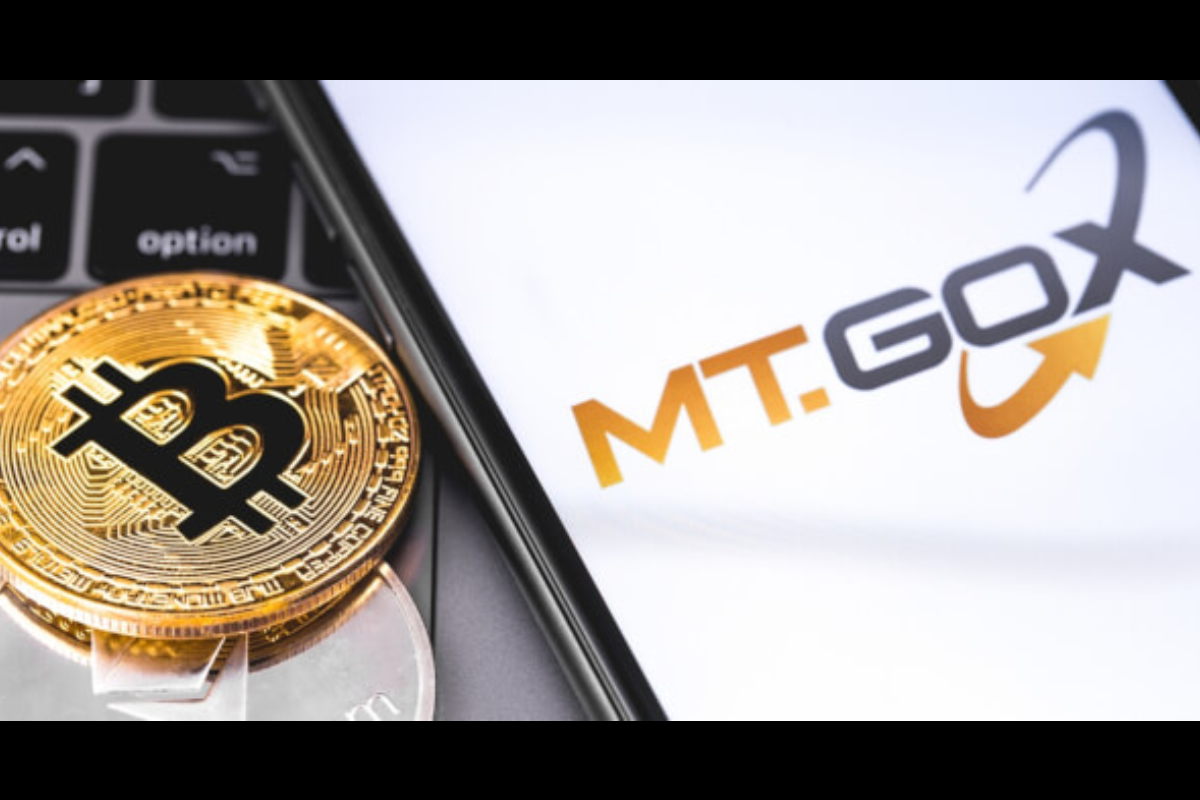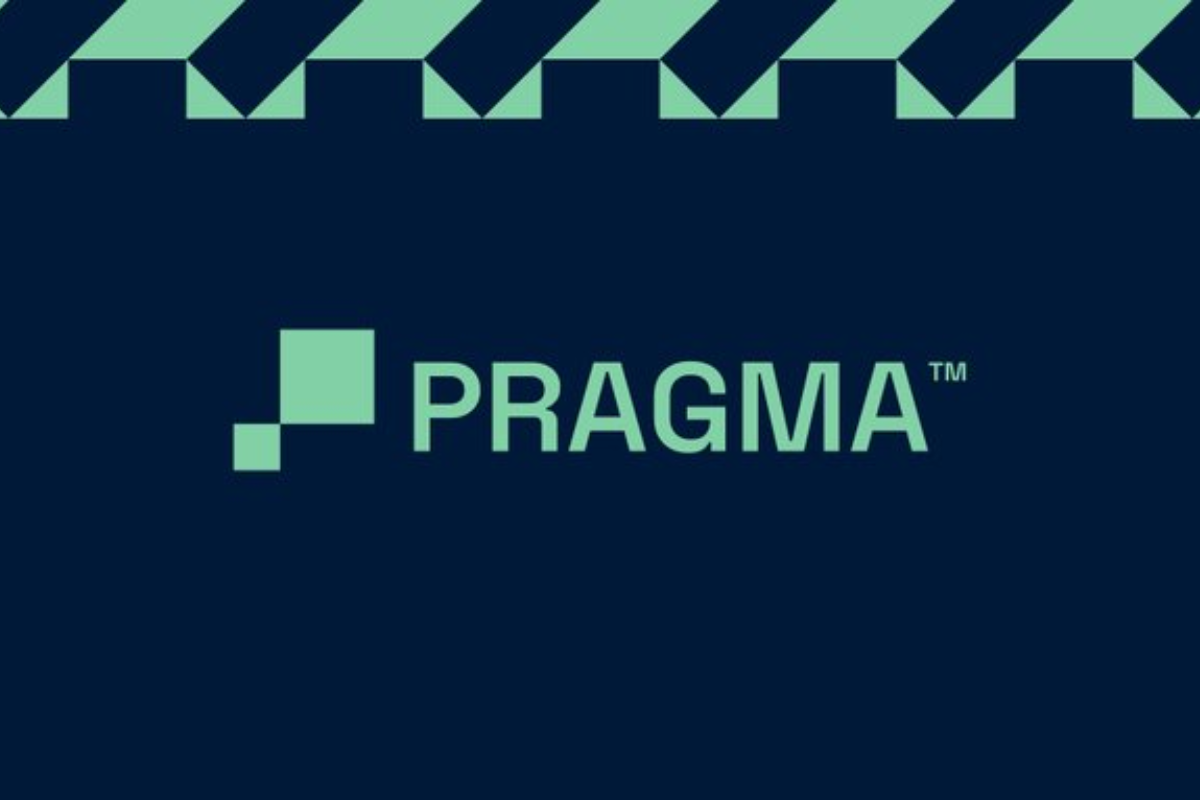Blockchain
CRU: With Cobalt from the DRC Rising, Tracing the Source is Vital – Could Blockchain Tech be the Solution

 Reading Time: 2 minutes
Reading Time: 2 minutes
Cobalt demand has grown by 21% between 2016 and 2018 and CRU forecasts that it will increase a further 55% out to 2023, due to the increasing uptake of electric vehicles.
Currently, the majority of the cobalt supply comes from the DRC (Democratic Republic of Congo) where, in addition to the large-scale global mining companies, artisanal miners utilise small pockets of land not owned by large-scale miners to produce cobalt.
It is believed that as many as 100,000 diggers, sorters and washers are involved in the artisanal mining trade in the DRC. Artisanal miners often work independently and sell their ore to local co-operatives, who sell it to local merchants and traders, who in turn sell to international traders. When done correctly, artisanal mining can be an ethical source of low-cost, high-grade cobalt which also puts income directly into the hands of locals with very few alternative options available to them. Artisanal mining in the DRC has increased dramatically between 2016 and 2018 on the back of strong demand growth and rising prices.
Artisanal mining has been key in satisfying skyrocketing cobalt demand in recent years. However, the practice raises many ethical concerns. Child labour is rampant in the artisanal mining sector, as many regions suffer from abject poverty and lack a functioning schooling system – in 2014, UNICEF estimated that 40,000 children were involved in artisanal mining of all commodities produced in the DRC. As a result, Western companies have sought to distance themselves from artisanal cobalt supply in the past to forego the risk of inadvertently using raw materials sourced from child labour. The low wealth generated by these practices has also come under scrutiny. Traders of artisanal cobalt concentrates will typically sell material for around 40-50% of its cobalt value, while the artisanal miners will typically only receive 1-3% of the intrinsic value of their ore. A lack of reliable information and the complexity of the supply chain makes artisanal mining far more challenging to track as a source of cobalt supply than traditional mining sources.
Can Blockchain provide a traceability solution?
Blockchain technology can increase transparency in mineral supply chains and provide a traceability solution, while reducing the need to have a one central owner of the database. A Blockchain system starts with a mine site audit to check there is no child labour. Once the audit is passed, the mines are given ‘approved bags’ with bar codes into which the ore is placed before sealing and being passed to merchants and traders. The bar codes can be scanned at any point, and the ore’s journey can be tracked on a public ledger which is where the Blockchain comes in.
Blockchain
Anticipated Return of $9B Mt. Gox-era Bitcoin May Spur Market Anxiety

The anticipated return of $9 billion worth of Bitcoin from the Mt. Gox era has the potential to stir anxiety within the cryptocurrency market. This significant influx of Bitcoin, which has been tied up since the collapse of the Mt. Gox exchange in 2014, raises questions about its potential impact on market dynamics and investor sentiment.
The return of these long-dormant Bitcoin holdings may lead to increased volatility and uncertainty in the cryptocurrency market. Market participants are likely to closely monitor the movement of these funds and assess their potential impact on Bitcoin prices and overall market stability.
Additionally, the large-scale return of Bitcoin from the Mt. Gox era may trigger concerns about potential selling pressure and its effect on market liquidity. Investors may anticipate fluctuations in Bitcoin prices as these funds are reintroduced into the market and traded.
Furthermore, the return of these Bitcoin holdings highlights the ongoing legal and regulatory challenges associated with the Mt. Gox saga. The resolution of this long-standing issue could have far-reaching implications for investor confidence and the perception of security within the cryptocurrency ecosystem.
Overall, the anticipated return of $9 billion worth of Bitcoin from the Mt. Gox era has the potential to evoke anxiety among market participants and prompt heightened scrutiny of market dynamics. As the cryptocurrency market braces for this significant development, it remains to be seen how it will navigate the potential challenges and opportunities presented by the return of these funds.
Source: blockchain.news
The post Anticipated Return of $9B Mt. Gox-era Bitcoin May Spur Market Anxiety appeared first on HIPTHER Alerts.
Blockchain
Binance Faces Lawsuit in Canada for Selling Crypto Derivative Products Without Registration

Binance is currently embroiled in a legal dispute in Canada over allegations of selling cryptocurrency derivative products without proper registration. This lawsuit underscores the regulatory challenges facing the cryptocurrency exchange in various jurisdictions.
The lawsuit accuses Binance of offering crypto derivative products to Canadian investors without obtaining the necessary registration from Canadian securities regulators. This legal action highlights the importance of compliance with regulatory requirements in the cryptocurrency industry, particularly concerning the sale of derivative products.
Binance’s legal woes in Canada reflect broader concerns about regulatory compliance and investor protection within the cryptocurrency sector. As authorities worldwide increase scrutiny of cryptocurrency exchanges and trading platforms, companies like Binance face mounting legal and regulatory challenges.
The outcome of this lawsuit could have significant implications for Binance and the broader cryptocurrency industry in Canada. Depending on the court’s ruling, it could lead to increased regulatory oversight and stricter enforcement measures for cryptocurrency exchanges operating in the country.
In response to the lawsuit, Binance has stated that it is committed to compliance with all applicable laws and regulations in the jurisdictions where it operates. However, the outcome of this legal dispute will likely shape the regulatory landscape for cryptocurrency exchanges in Canada and influence their future operations and compliance efforts.
Source: blockchain.news
The post Binance Faces Lawsuit in Canada for Selling Crypto Derivative Products Without Registration appeared first on HIPTHER Alerts.
Blockchain
Cardano Foundation Launches PRAGMA: A New Chapter in Open-Source Blockchain Development

The Cardano Foundation has announced the launch of Pragma, marking a significant milestone in open-source blockchain development. Pragma aims to revolutionize Cardano by enhancing its infrastructure through innovative open-source projects.
Pragma represents a new chapter in the evolution of Cardano, focusing on improving its underlying infrastructure and expanding its capabilities. The initiative underscores the Cardano Foundation’s commitment to fostering innovation and driving progress within the blockchain ecosystem.
By leveraging open-source projects, Pragma seeks to enhance Cardano’s functionality and scalability, paving the way for broader adoption and increased utility. These efforts are expected to unlock new opportunities for developers and users alike, further cementing Cardano’s position as a leading blockchain platform.
Pragma’s launch highlights the ongoing evolution of Cardano and its commitment to pushing the boundaries of blockchain technology. Through collaborative open-source development, Pragma aims to address key challenges and drive continuous improvement within the Cardano ecosystem.
The Cardano Foundation’s announcement of Pragma signals a significant step forward in its mission to build a decentralized and sustainable blockchain infrastructure. With Pragma, Cardano is poised to embark on a new era of innovation and growth, setting the stage for a future of unprecedented possibilities in blockchain development.
Source: cryptonews.com
The post Cardano Foundation Launches PRAGMA: A New Chapter in Open-Source Blockchain Development appeared first on HIPTHER Alerts.
-

 Blockchain Press Releases7 days ago
Blockchain Press Releases7 days agoCanaan Shines at Blockchain Life 2024 in Dubai
-

 Blockchain Press Releases7 days ago
Blockchain Press Releases7 days agoBybit Institutional Report 2024: Institutions Become Bullish and Eye Challenger Chains, while VC Funding Resurges for Infrastructure, Gaming, and AI
-

 Blockchain7 days ago
Blockchain7 days agoQuantum eMotion Files a Patent for Quantum-based Blockchain Wallet Under the Patent Cooperation Treaty (PCT)
-

 Blockchain6 days ago
Blockchain6 days agoPhoenix Group Engages BHM Capital as Liquidity Provider to Boost ADX Liquidity and Enhance Market Dynamics
-

 Blockchain7 days ago
Blockchain7 days agoElizabeth Warren Urges Treasury Secretary Yellen to Implement Strong AML/CFT Measures for Stablecoins
-

 Blockchain6 days ago
Blockchain6 days agoCrypto fans count down to bitcoin’s ‘halving’
-

 Blockchain6 days ago
Blockchain6 days agoTether USDT stablecoin goes live on TON blockchain
-

 Blockchain Press Releases6 days ago
Blockchain Press Releases6 days agoDWF Labs joins the Klaytn Governance Council










































